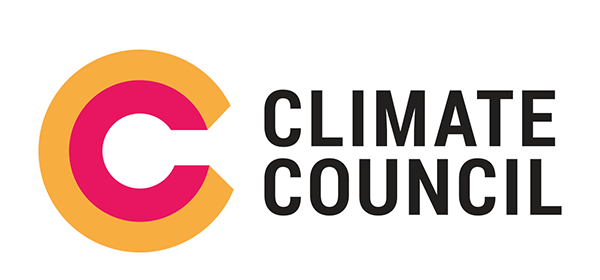
EMBARGOED
12.01AM WEDNESDAY 22 NOVEMBER 2023
Speed up the savings: Majority of Australians rally behind fuel efficiency standards to slash driving costs
SEVEN IN TEN Aussie drivers have changed their driving habits in response to skyrocketing fuel prices, according to new national polling commissioned by the Climate Council.
And half (54%) of Australians feel that fuel efficiency standards would save them money. A similar number (49%) support the Federal Government introducing these standards.
The national survey of 1,150 Australians found 71% are taking steps to cut their driving expenses amid soaring fuel costs, like driving less day to day, avoiding taking holidays using their car, cutting back on vehicle servicing and maintenance, and considering switching to an electric vehicle.
Climate Council Head of Advocacy, Dr Jennifer Rayner, said: “Many Australians are doing it tough right now, but they can see there are solutions. Strong fuel efficiency standards will mean less money drained by the petrol bowser and better access to cleaner, cheaper-to-run cars.
“We can’t keep idling at the starting line. The Federal Government needs to put the pedal to the metal in delivering what they’ve promised - strong fuel efficiency standards to give drivers more choice of cleaner cars that are cheaper to run.
“Every day we delay putting a fuel efficiency standard in place, Aussies are missing out on the three-in-one benefits of cheaper costs, cleaner air, and greater choice.”
A recent consumer benefit analysis commissioned by the Climate Council and Electric Vehicle Council reveals Australians could individually save up to $1,200 per year, and up to $10,00 over the vehicle’s lifetime, on running costs with strong fuel efficiency standards. Introducing standards aligned with what the European Union currently has in place would also save regional motorists $4 billion in fuel costs over five years.
Climate Councillor and energy expert, Greg Bourne, said: “New cars sold in Australia use around 20 percent more fuel than those sold in the USA. This is collectively costing us billions.
“Aussie drivers who have long commutes from our suburbs and regions are the most affected by high and rising petrol bills. This means they’ll also see the biggest benefits from getting access to a wider range of affordable lower and zero emissions vehicles that are cheaper to run.
“Australians - especially those in our suburbs and regions - deserve access to the same affordable, clean and safe cars that are already being sold in their millions overseas. A strong fuel efficiency standard can help deliver this.”
The Australian Government can help unlock these benefits by delivering fuel efficiency standards that:
-
set Australia on a strong pathway to a zero emissions fleet – with the aim of all new vehicles sold being zero emissions by 2035 at the latest.
-
align with other car markets like the United Kingdom, the United States and Europe as a minimum – so Australia moves up the queue for cleaner, cheaper vehicles.
-
deliver genuine reductions in emissions from new cars sold in Australia – avoiding credits and loopholes that undermine their effectiveness.
-
are mandatory and legislated – auto manufacturers shouldn’t be able to opt out
-
start as soon as possible – every new vehicle sold today will likely be on the road for at least the next 10 years, so we cannot delay.
ENDS
Case studies available upon request.
For interviews please contact Zerene Catacutan on 0438 972 260, zerene.catacutan@climatecouncil.org.au or Jemimah Taylor on 0478 924 425, jemimah.taylor@climatemediacentre.org.au
|
Background: What are Fuel Efficiency Standards? Fuel efficiency standards are the key to unlocking the supply of lower and zero emissions vehicles in Australia. They aim to limit the greenhouse gas emissions from Australia’s fleet of cars. They do this by setting a maximum average level of carbon emissions allowed across a manufacturer’s overall new car sales. In short, they provide incentives for car makers to supply lower and zero emissions vehicles – and penalise them for failing to do so. Over time, as the fuel efficiency standard is tightened (meaning the maximum amount of CO₂ that can be emitted is reduced), car makers must sell higher numbers of lower and zero emissions vehicles to avoid penalties. |
About us:
The Climate Council is Australia’s leading community-funded climate change communications organisation. It was founded through community donations in 2013, immediately after the then-Abbott Government dismantled the Climate Commission. We provide authoritative, expert and evidence-based advice on climate change to journalists, policymakers, and the wider Australian community. For further information, go to: climatecouncil.org.au Or follow us on social media: facebook.com/climatecouncil and twitter.com/climatecouncil



